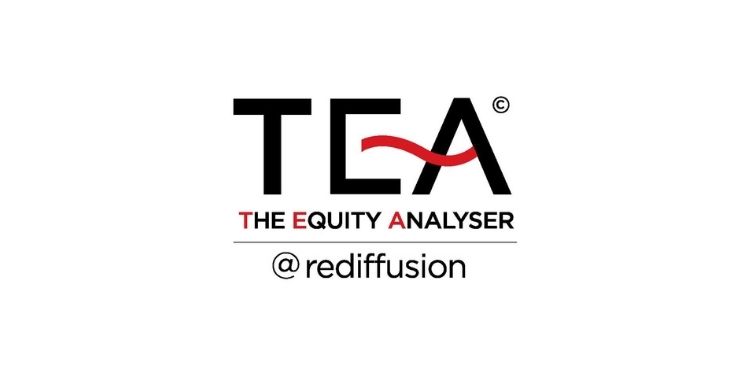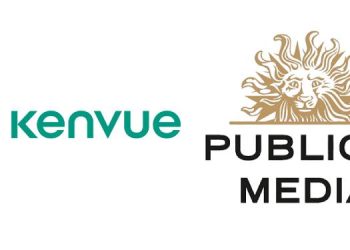Rediffusion today announced the launch of its proprietorial strategic tool for brand equity analysis. The tool has been designed in-house, led by the agency’s Chief Strategic Officer, Navonil Chatterjee.

“Marketers often talk about a brand’s equity, but equity at times becomes a nebulous topic where everyone has a view, but beyond that subjective opinion, there is hardly anything substantive to back it. And even that equity is with respect to a certain time frame and in the context of a particular target group. Change the TG or the time-period, and the results, in all likelihood, should change. Given the fact that it is a bit of a black hole, Rediffusion is proud to launch TEA or The Equity Analyzer – our framework for evaluating a brand’s equity at a certain point of time, in the context of a certain TG. In fact, the model allows for comparisons of different brands’ equity within the same category and even across categories”, says Dr. Sandeep Goyal, Managing Director of Rediffusion.

Adds Navonil Chatterjee, “The fundamental premise of TEA is that a brand’s equity is a function of the following key parameters of a brand’s Popularity, Uniqueness, Respect and Personal Appropriateness. Basically, how popular, or well known or salient the brand is, how unique or different it is, how well respected it is and what personal meaning, connection, usefulness or appropriateness it has for the consumer or TG.”
Popularity, as per TEA, is of course the first step – without it, you are not even in the game, unless you are happy operating as a niche player. Uniqueness is of course highly desirable for a brand, but in today’s hyper-competitive world, the most difficult to deliver on, because gone really are the days of Rosser Reeves and USP, given that a sustainable competitive advantage is almost impossible to achieve these days. Respect is again something that your brand will love to command and is usually a function of brand longevity (though not always and there are other things that can contribute to it too, for example the brand’s ‘do good’ nature or CSR activities and beliefs). However, it is Personal Appropriateness, which is perhaps becoming the single most important driver of a brand’s equity going forward – as a brand what are you offering to the consumer, what’s in it for the consumer.
The four attributes lead to a 2×2 matrix where Respect and Popularity combine to indicate Brand Power while Uniqueness and Personal Appropriateness combine to indicate Brand Potential. And of course, the final equity of a brand is a derivative of Brand Power (current robustness of the brand basis its Popularity and Respect) and Brand Potential (future potential of the brand basis its Uniqueness and Personal Appropriateness). There are other aspects of the TEA as well, where brands across product categories will be mapped under a host of parameters based on consumer evaluation of the brand on those parameters. Therefore, apart from getting an indication of the brand’s overall equity, marketers will also get a ‘soft’ feel of how the brand is performing on different attributes.

Speaking on TEA, Diwan Arun Nanda, Chairman, Rediffusion had this to say: “The world is moving to performance marketing, metrics and measurement. And why should brands be left behind in that journey towards an objective understanding of them vis-à-vis facts, figures and primary data? Rediffusion’s TEA is a great tool which will give the agency a far more robust strategic understanding of brands and their competitors. Marketers too will be able to consult it for their own understanding and fine-tuning of their marketing efforts.”

















